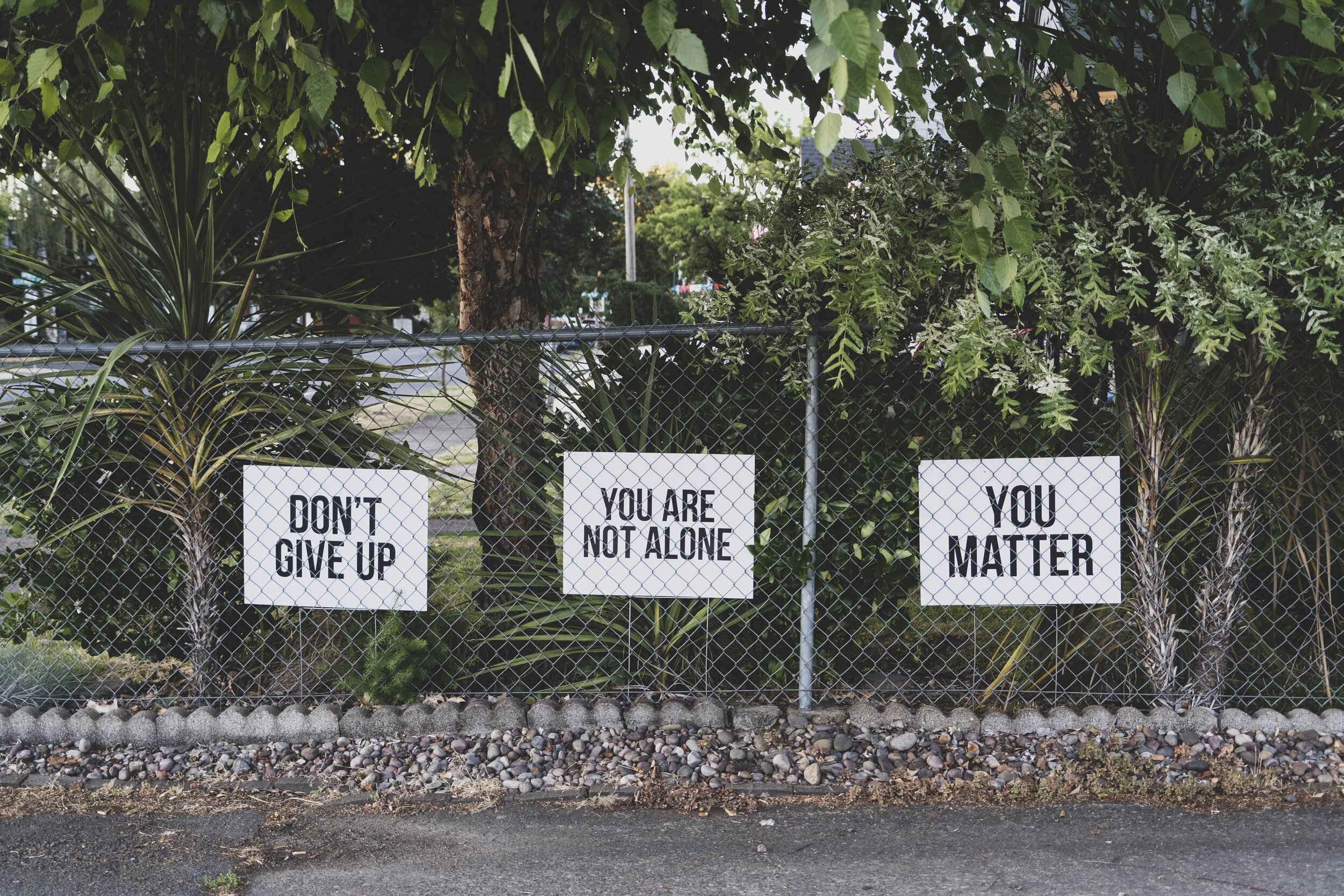How is your child’s mental well-being right now?
Are you still noticing the knock-on effects of all the challenges we’ve faced this past year?
Is your child feeling more anxious, are angry outbursts a reoccurring theme or are they still struggling to adapt to all the change that has taken place?
If you can relate then please know that you’re not alone.
It’s no surprise that children’s mental health has really suffered as a result of the pandemic and the effects are still being felt. Experts warn that the impact of COVID on children’s wellbeing will still be felt for quite some time into the future.
Therefore looking after our own mental health and that of our children is crucial as it impacts all areas of our lives, from how we feel about ourselves to our relationships with others, how we navigate uncomfortable feelings and cope with the challenges and setbacks that are a part and parcel of life.
So today I wanted to offer five strategies that you can use to support your child’s mental health as well as your own.
1: Allow them the space to talk about feelings.
Encourage your child to talk about how they feel and let them know that it’s ok to feel the feelings that they’re feeling. Some children may be afraid to open up because they feel embarrassed or they think that they ‘shouldn’t’ feel a certain way. However, all feelings are valid and having a safe space to share it, without judgement and shame is huge for children. And for those that are reluctant to talk, try to encourage them to journal or draw how they feel.
2. Teach your child how to self-soothe.
This is a biggy and it’s one that you can model yourself as well. So often children begin to get overwhelmed with their uncomfortable feelings, or they try to resist and suppress their emotions - which only results in larger outbursts and wobbles later on!
Deep belly breathing is a great exercise to help calm and soothe the big feelings. It triggers the ‘rest and digest’ response within the body and also allows the fight/flight response in the brain to calm down. One of my favorite exercises is 4 x 4 Breathing: Practice breathing in through your nose and into your belly for four counts, hold for four counts, and then slowly breathe out through your mouth for four counts. Keep going with this for a few rounds to slowly calm and soothe the nervous system.
3. It’s ok to make mistakes.
So many children I work with struggle when it comes to making mistakes or when facing challenges and disappointments. They feel as if they’re not ‘good enough’ or that they’ll never be able to solve the problem they’re faced with.
But the thing is, setbacks, challenges, and mistakes are all a part of life. Building resilience lies within these challenges when children learn to navigate the uncomfortable feelings in a healthy and positive way.
So allow them to shift perspective by looking for the opportunities within their mistakes.
What can they learn from them? How will it help them grow?
This will slowly help foster a growth mindset and support their mental wellbeing.
4. Ask for help.
Encourage your child to ask for help and let them know that there is nothing to be ashamed or embarrassed about. When working with my clients we explore how asking for help is actually a strength, and through asking for help they learn to become stronger and feel more empowered!
5. Shake it out!
Movement and exercise are great ways to help shift some of the uncomfortable feelings. Exercise releases the feel-good hormones such as dopamine and serotonin which help to lift our mood, so take some time to move, run, jump, dance, and shake it out!
On a final note, it’s also worth remembering that it’s normal to have wobbly days too and there may be times when you and your child just feel ‘meh’, as one of my clients put it!
Our mental health will fluctuate due to circumstances in our lives but when we (and our children) have some tools we’ll be better able to navigate the challenges that we’re faced with.
Now I’d love to hear from you. Which of these strategies resonate with you - or what else do you do to look after your mental health? Hit reply in the comments and let me know.




